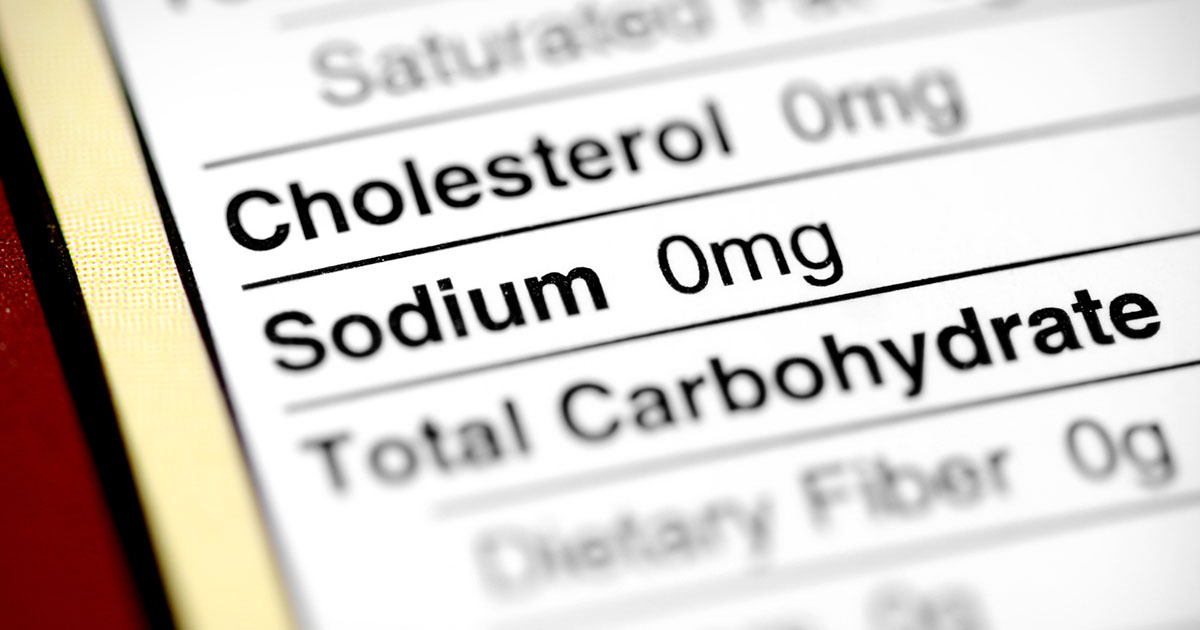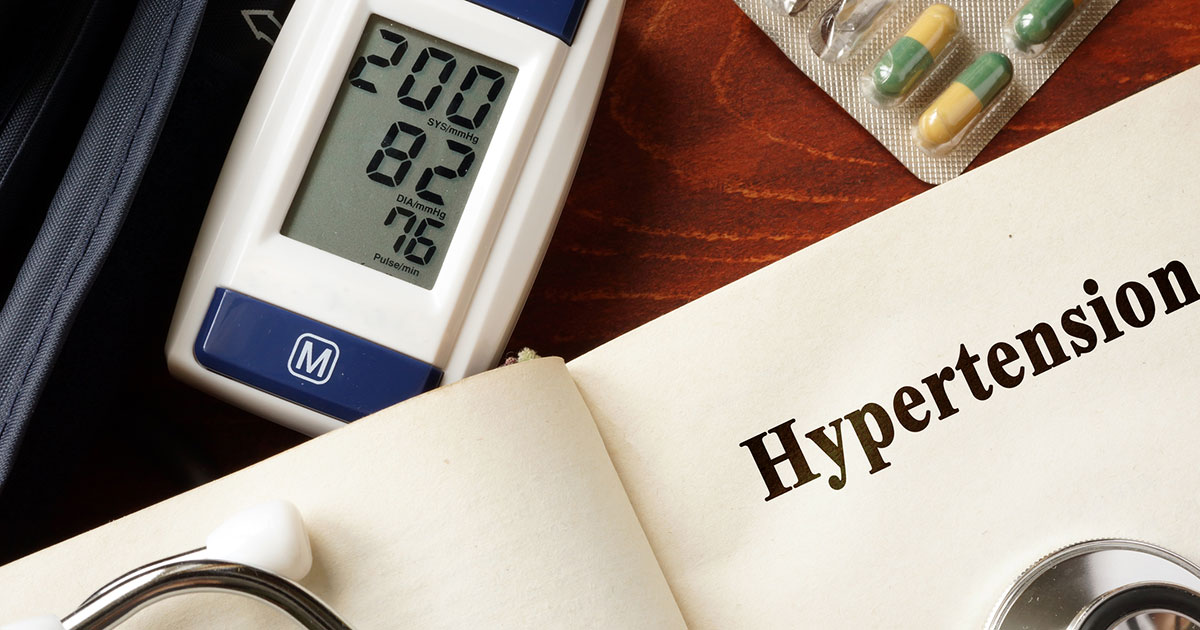Interesting Facts About The DASH Diet
When it comes to dieting, there seems to be an option for just about everything under the sun - from going gluten-free diet to the ketogenic diet. The most popular all-around diet for the eighth year running as of 2018, according to health experts with US News and World Report, is the Dietary Approaches to Stop Hypertension (DASH) diet. But what exactly does this diet entail? What aspects of patient health receive benefits? Let’s find out now!
What The DASH Diet Entails

The DASH diet, to put it in simple terms, wants individuals to focus on consuming whole grains like whole wheat bread and brown rice, plenty of fruits and vegetables, low-fat dairy products such as skim milk and mozzarella cheese, lean meat, and other foods low in saturated and trans fats. Why has this diet been so successful? It has been successfully proven to boost patient health and is a balance of healthy food groups and serving recommendations.
When it comes down to it, all reports indicate the DASH diet is one that works! But did you know it’s not just one universal diet plan? Keep reading to find out more about the DASH diet.
Two Versions Of The DASH Diet

The DASH diet grew out of the DASH studies, in which participants were put into one of three categories. The first category acted as the control group, mimicking the typical American diet and daily sodium consumption of 3,400 milligrams. The other two were what became the standard DASH diet and the reduced sodium DASH diet, with no more than 2,300 milligrams and 1,500 milligrams a day respectively.
If a patient follows a 2,000 calorie DASH diet plan, the expected daily servings include six to seven of whole grains, four to five of vegetables and fruit, two to three of low-fat dairy, two to three of fats and oils, and six or fewer of lean meat (including poultry and fish). The diet plan also includes five weekly servings or fewer of sweets, and four to five weekly servings of nuts, seeds, and legumes. What is the main benefit of the DASH diet, thanks to reduced sodium intake? Keep reading!
Effectively Manage Hypertension

Countless health studies have shown sodium has a significant influence on a patient’s blood pressure. In fact, these studies show one in three Americans suffers from hypertension, often the result of a daily sodium intake of 3,400 milligrams. Even under the standard DASH diet, which meets the Dietary Guidelines for Americans with regards to sodium intake, can effectively lower blood pressure closer to an average level (less than 120/80 mm Hg) within a couple of weeks. It is also worth noting hypertension affects the majority of patients suffering from diabetes, making managing blood pressure a key component in reducing potential complications and improving quality of life with this disease.
While managing hypertension is the biggest aspect of the DASH diet, it is not the only part of health that sees a positive influence. Let’s keep going!
Lower LDL Cholesterol

As people age, one of the main focuses when it comes to staying healthy is to lower cholesterol. When doctors say they want a patient to lower their cholesterol, what they mean is to lower low-density lipoprotein (LDL) cholesterol, otherwise known as bad cholesterol. This harmful cholesterol clogs arteries and increases an individual’s risk of developing heart disease or suffering a heart attack. This is where the DASH diet comes in, since many of the foods it focuses on, such as whole grains, fruits, fish and lean meat, actually have LDL-reducing properties. Specifically, fish contains essential omega-3 fats, which lowers LDL cholesterol. Consuming this type of food is even better than merely avoiding foods, such as red meat, which boosts LDL cholesterol.
What else can a patient expect to see from following the DASH diet? Let’s find out!
Success In Weight Loss

The DASH diet is not a weight loss program, but it does assist many patients in achieving their weight loss goals. This is due to the DASH diet guiding individuals towards healthier food choices, such as whole grain bread instead of white bread, more fish instead of red meat, increasing consumption of fruits and vegetables, reducing sweets, lowering sodium intake, et cetera. Making healthier food choices is the first step to a sustainable weight loss journey. This is in addition to the DASH diet’s focus on eating a balanced variety of foods and controlling portion sizes. All in all, it’s a recipe for success in weight loss!
Maintaining a healthy weight is one of the keys to good overall health. With this in mind, let’s discover more about how the DASH diet helps maintain a patient’s good overall health.
Support Organ Health

Unhealthy dietary choices and high blood pressure are major contributing factors in causing damaged arteries, such as reducing their elasticity, which in turn puts additional stress on an individual’s organs since the blood is not being pumped properly. Two of the common results of improper heart function due to blood pressure and damaged arteries are heart attacks and heart disease.
Another major organ affected by these factors is the brain. By reducing the damage to arteries and by proxy a damaged brain, patients can reduce their risk of suffering a stroke. There is even evidence showing reduced strain on kidney function, meaning a patient is far less likely to suffer from kidney failure when following the DASH diet. Patients need not live in constant worry when they have healthy organs! But that is not all when it comes to health facts about the DASH diet.
Reduce Risk Of Cancer

Cancer is one of the most prevalent health concerns amongst the population. Though research is still being done, there is substantial evidence towards the nutrients involved in a DASH diet, as well as the emphasis on a variety of healthy food choices, reducing an individual’s risk for certain types of cancer. For instance, studies show consuming a high amount of red meat increases the risk of premenopausal breast cancer. Thus, switching out red meat for fish and poultry, the top choices for a DASH diet, means this risk is lowered! Nutrients such as calcium, vitamins B6 and D, as well as folate also show evidence towards reducing colon polyps and colon cancer, especially when combined with the lowered consumption of red meat.